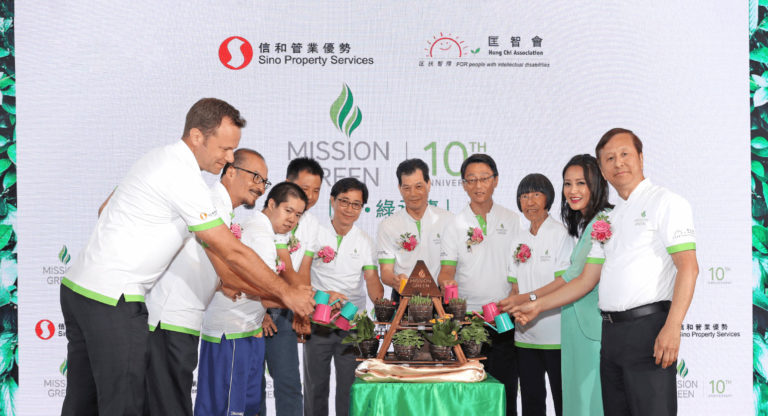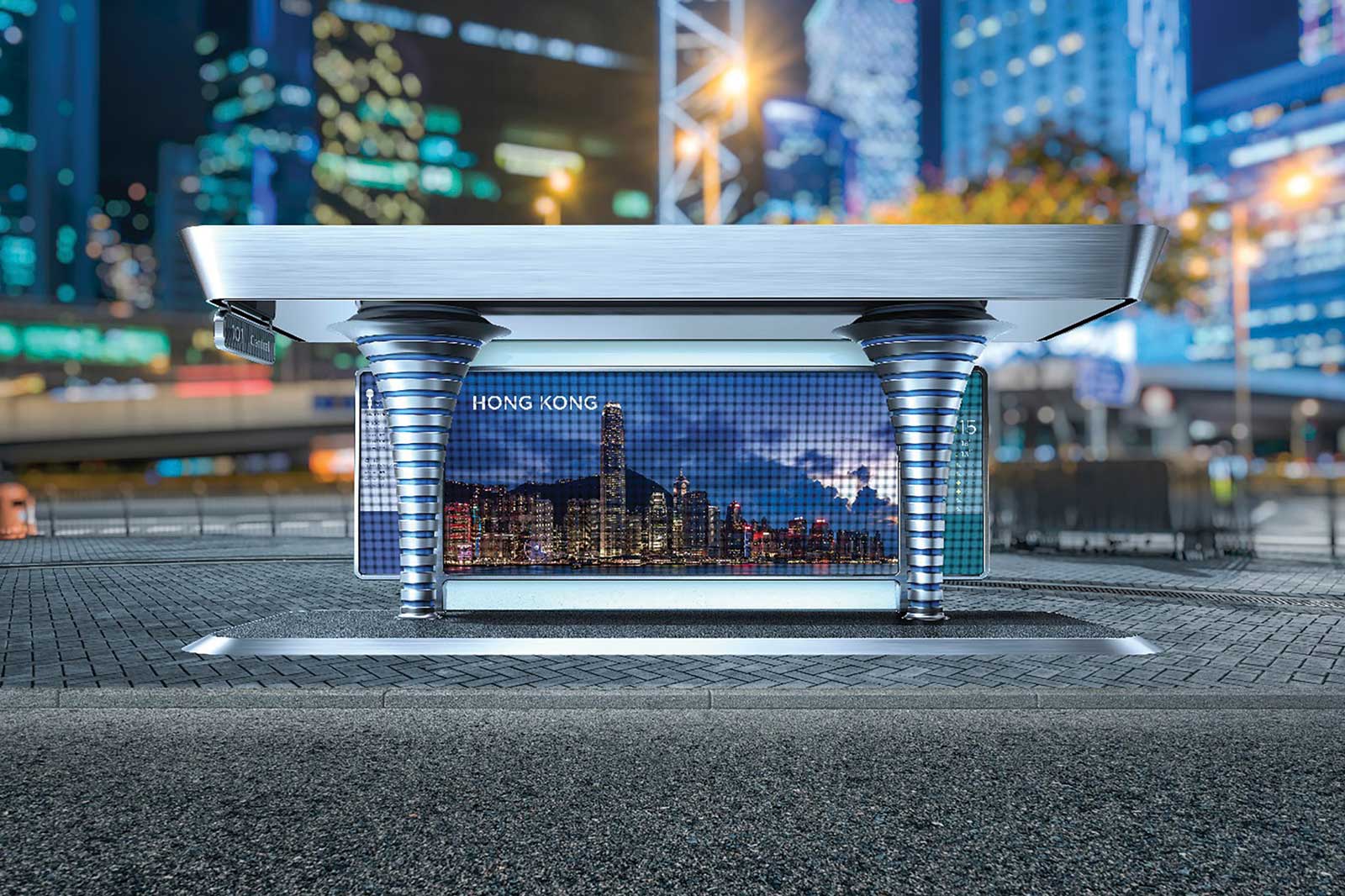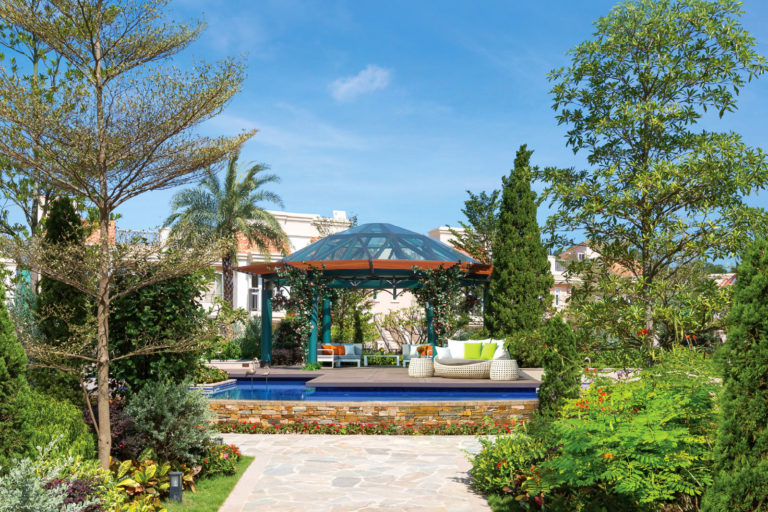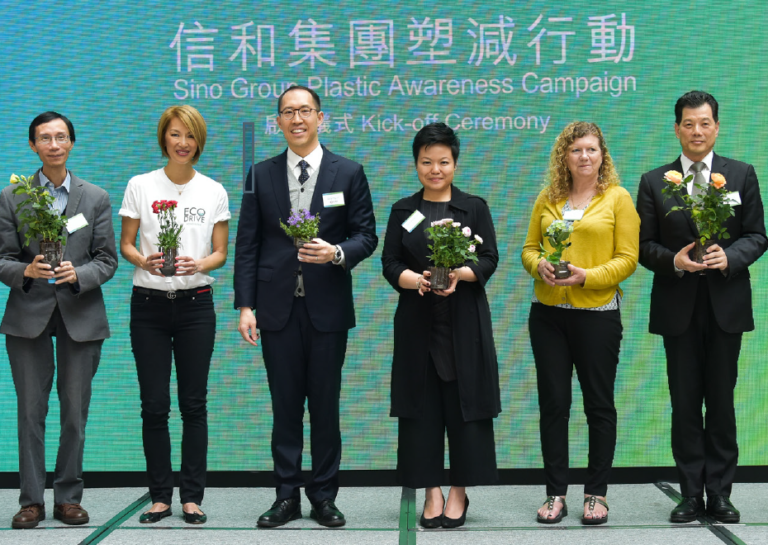Sino Group was honoured with two Gold medals for its proprietary inventions: City Air Purification System (Generation Two) (CAPS II) and In-building Hydropower System (Generation Three) at the 47th International Exhibition of Inventions Geneva, one of the world’s most important specialist events, with over 1,000 inventions presented this year.




